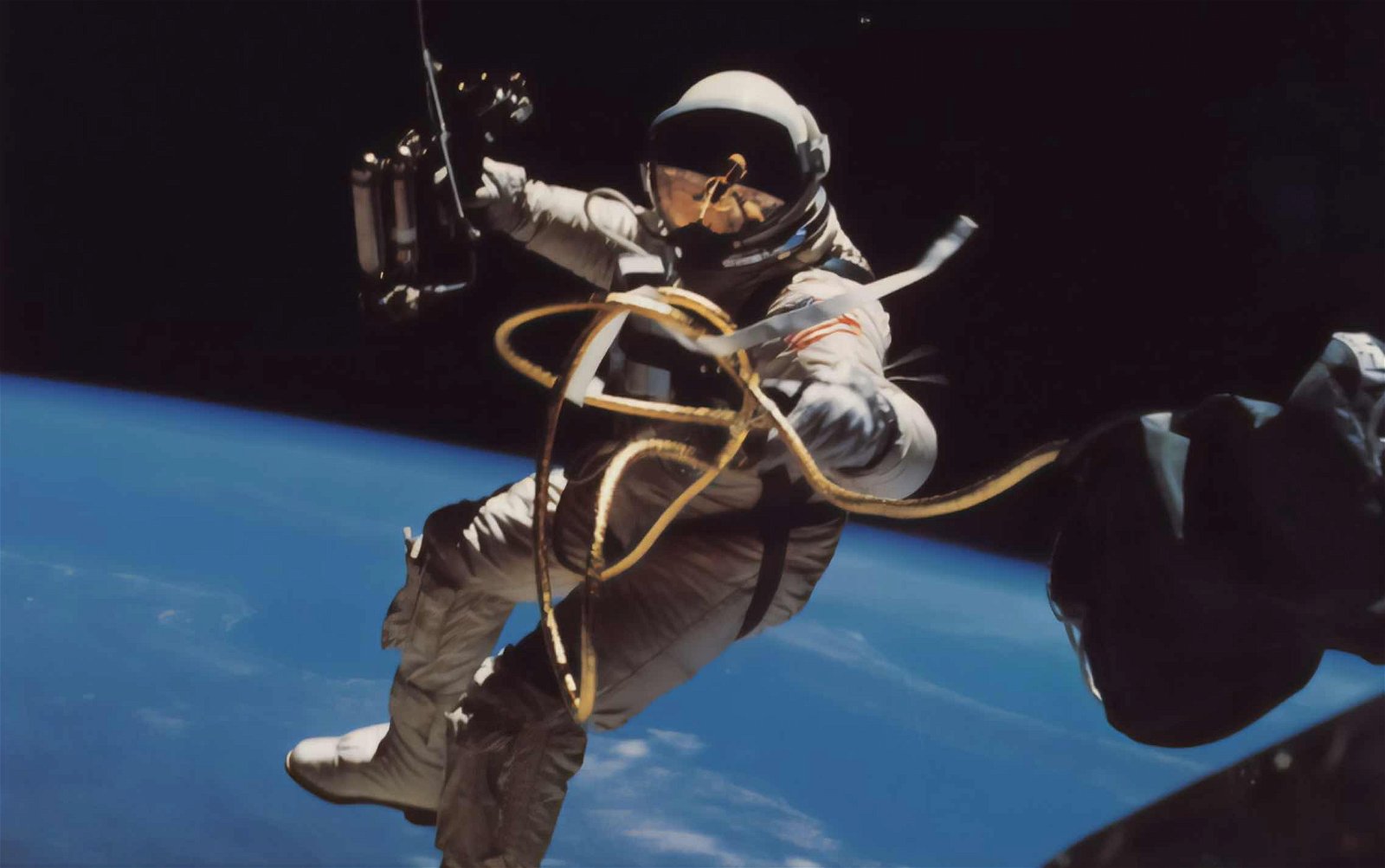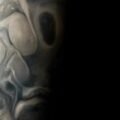Outer space is often depicted in entertainment as an inhospitable place for the human body. However, new research is showing that some of Earth’s most common health ailments may also present issues for astronauts who spend long durations in space.
A new study published in Neurology by author W. P. J. van Oosterhout, MD, Ph.D., of Leiden University Medical Center in the Netherlands found that astronauts who have never experienced headaches before may develop migraine and tension-type headaches during extended space travel lasting more than 10 days.
24 astronauts from the European Space Agency, NASA, and the Japan Aerospace Exploration Agency participated in the recent study. Each was assigned to International Space Station (ISS) missions lasting up to 26 weeks between November 2011 and June 2018.
According to the study’s findings, nine astronauts reported never experiencing headaches, while three had headaches that interfered with daily activities within the past year. None of them had a history of recurring headaches or had been diagnosed with migraines. The results indicated that 22 astronauts experienced one or more headaches during the total of 3,596 days in space with a total of 378 headaches in flight.
To prepare for their mission, each of the astronauts underwent health screenings and completed a questionnaire about their headache history. Throughout the flight, they filled out a daily questionnaire for the initial seven days and a weekly questionnaire for each subsequent week of their stay on the ISS.
Researchers found that 92 percent of astronauts experienced headaches during the flight, compared to only 38 percent experiencing headaches before the flight. Of all headaches, 90 percent were tension-type headaches, and 10 percent were migraines.
During the study, researchers also noted that headaches were more intense and more likely to resemble migraines during the first week of space flight. During this period, 21 astronauts experienced one or more headaches, totalling 51 headaches. Of these, 39 were tension-type headaches, and 12 were likely migraines.
Following their return to Earth, none of the astronauts reported experiencing headaches during a three-month period.
So what causes space headaches to happen for some astronauts? While there may be a variety of factors, van Oosterhout notes that “changes in gravity caused by space flight affect the function of many parts of the body, including the brain,” noting that “The vestibular system, which affects balance and posture, has to adapt to the conflict between the signals it is expecting to receive and the actual signals it receives in the absence of normal gravity.”
“This can lead to space motion sickness in the first week, of which headache is the most frequently reported symptom,” van Oosterhout said. “Our study shows that headaches also occur later in space flight and could be related to an increase in pressure within the skull.”
Understanding and addressing the issue of headaches in space is important for several reasons including safety, astronaut health and performance, and mission success. Most importantly, it could provide researchers with new insights into understanding the potential limitations of human space travel, especially under conditions where astronauts may be required to live in space for long periods. Gaining insight into how outer space headaches occur is crucial for planning and minimizing health risks for future long-term space tourism.
Van Oosterhout and his colleagues conclude the recent study by saying, “Further research is needed to unravel the underlying causes of space headaches and explore how such discoveries may provide insights into headaches occurring on Earth. Also, more effective therapies need to be developed to combat space headaches as for many astronauts this a major problem during space flights.”
Chrissy Newton is a PR professional and founder of VOCAB Communications. She hosts the Rebelliously Curious podcast, which can be found on The Debrief’s YouTube Channel. Follow her on X: @ChrissyNewton and at chrissynewton.com.

